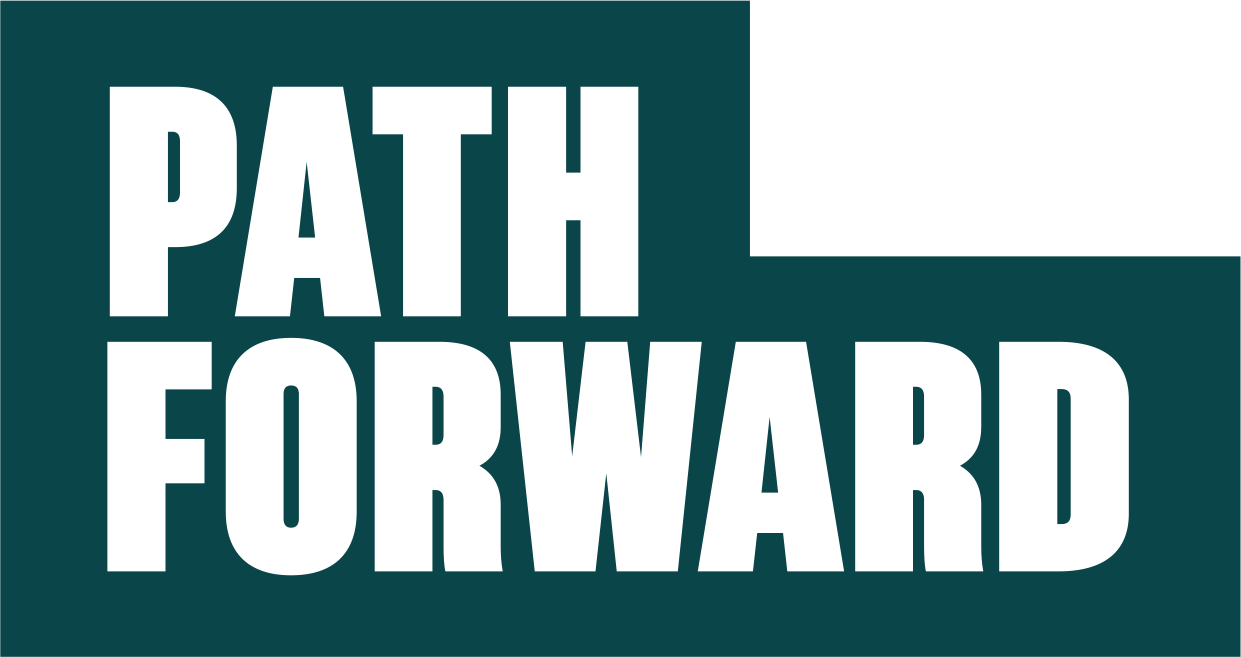Why Ethics Codes Aren't Enough
I just finished presenting a webcast on Business Ethics for the 200,000-member Human Capital Institute. You’ll have to excuse me – I’ve been consumed with the topic of ethics in business for the past few weeks. This is part 2 in a series.Despite what HR and Legal may tell you, ethics is not about avoiding lawsuits or code violations. It’s not about covering your organizational butt. It’s about conducting your business in a way that, say, your mom or your most admired role model would be proud of. Really, it’s about living a life worth living – 8 hours a day. No, 24.In this space two weeks ago, I mentioned that an organization’s ethical tone begins at the very top, with its mission or purpose statement. Your organization’s purpose, or mission, can be powerful or it can be banal. Choose the former. It might actually inspire your workforce and your prospective workforce. It could be an exquisite recruitment tool.A mission statement of course is not enough. Next you need to declare your values. Organizational values say: “This is what we consider most important – this is the context for all our actions, as we pursue our mission.” Does your organization have a values statement? If so, how useful is it? Is it collecting dust on a shelf somewhere, or is it in the minds and hearts of every employee?
Tell us what you think. We’d like our blog posts to begin a dialogue. We eagerly welcome your comments and questions.
And of course a values statement is still too high-level to be of much practical use. Flowing out from it is a set of ethics codes, or codes of conduct. These:
- should not just be the product of HR or Legal. That will produce a fear-based, “just stay out of trouble” approach – necessary, but not exactly a high level of moral development.
- should be revised regularly, with input from all levels (you want employees to embrace ethical behavior? Don’t let ethics codes be a purely top-down effort!)
- should be trumpeted – and lived – by top leadership (Remember Enron?)
- should include hypothetical scenarios, relevant to the kinds of ethical dilemmas your employees typically face
- should emphasize employee responsibility. Their job is not just to read the codes and let HR or the Ethics Officer take care of bad behavior. Their job is to proactively behave ethically in the workplace, and to support others in doing the same – including reporting abuses without fear of retaliation.
And then finally, even more specifically, policies and procedures:
- about how ethical concerns are handled,
- about how ethical lapses are managed (and I’d suggest focusing more on employees’ intentions than on their behavior. Misguided behavior flowing from good intentions can be forgiven and guided in a positive direction. Bad intentions generally means a bad employee.)
- and about the specifics of ethics trainings and dialogues at all levels
Speaking of which … all the above might just be useless -- unless ongoing, thought-provoking, relevant, empowering conversations happen, regularly, at all levels, from staff meetings to seminars, about how to live an ethical life at work. More on that in this space two weeks from today. For now, though:
YOUR PATH FORWARD: 1. What shape are your organizational ethics documents in? (i.e. mission statement, values statement, ethics codes, policies and procedures)? To what extent are they alive in the workplace, as opposed to sitting ignored in a binder somewhere? What might you be able to do to help these important documents become guides for behavior throughout your workplace?2. Conduct an anonymous survey of a random sampling of your employees, your customers, and your suppliers, and ask how well you're doing in living up to your organizational values. Repeat this process every year or two.
